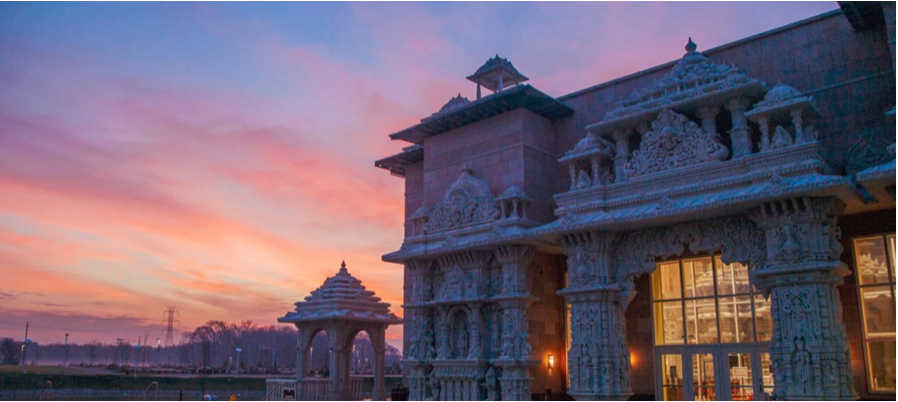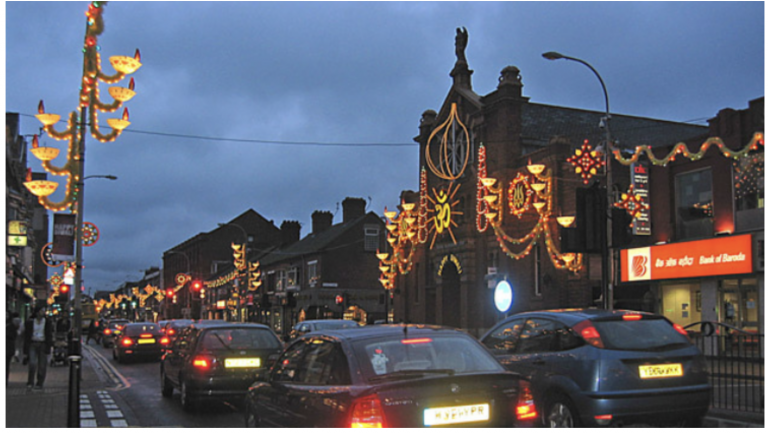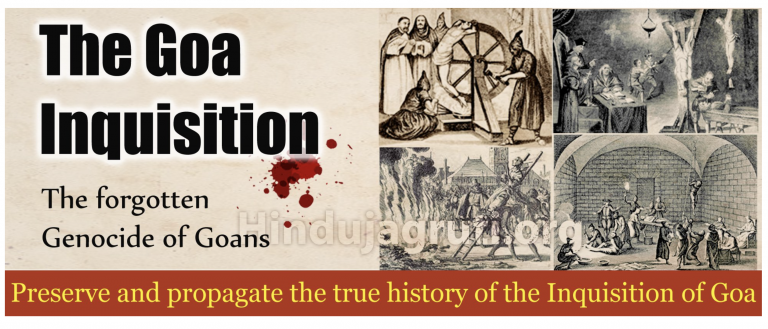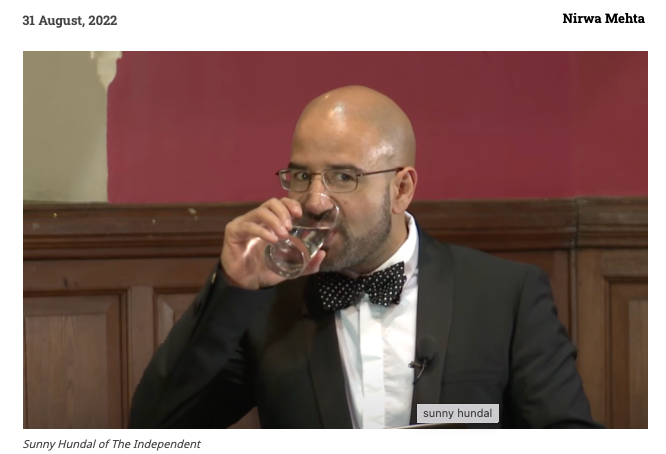What happened at BAPS and Cisco is a timeless warning about the perils of presuming guilt
A month ago a bombshell exploded in the middle of the case of alleged caste discrimination and exploitation of Indian-origin temple builders at the BAPS Shri Swaminarayan Mandir in Robbinsville, New Jersey.
In India, in the middle of July, twelve volunteer workers who had previously spoken out against BAPS signed an affidavit that they had in fact been coerced into their testimony by Swati Sawant, an immigration lawyer who identifies as Dalit, and that no discrimination against them had occurred nor were they subjected to abusive working conditions.
The testimony these workers and others stated formed the basis for a May 2021 guns-drawn, pre-dawn raid by Federal law enforcement, violating a highly sacred space. The unprecedented raid was accompanied by a simultaneous New York Times exposé which characterized the widely respected Hindu institution of BAPS as something close to slave-traders, the temple itself compared to the Temple of Doom from the Indiana Jones film series by other writers, and was even used to malign the current government of India, since BAPS originates from the same state as Prime Minister Narendra Modi.
Now, those workers stating under oath that they were made to make false allegations are certainly not all of the workers alleging mistreatment in Robbinsville. The initial lawsuit had six named plaintiffs, who stated they were filing the suit “on behalf of themselves and all others similarly situated.” Following the raid some 110 workers were taken from the temple grounds. Where they are being held, we do not know.
Nevertheless, these statements of coercion are indicative of the everything-is-not-as-it- seems nature of the entire case.
Everything is also not as it seemed — and as widely reported and cited by college administrators and lawmakers in multiple states — in the case of alleged caste discrimination at Cisco Systems either.







